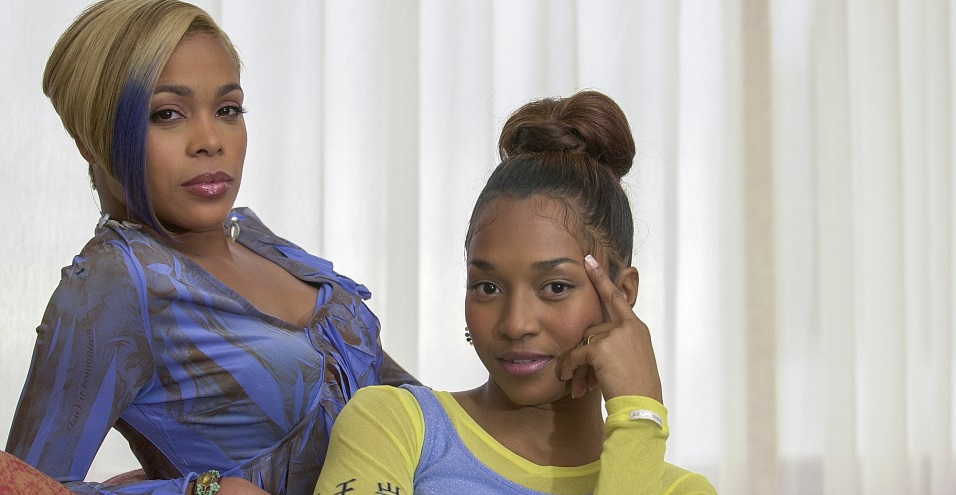Album Review: TLC – TLC
3 min read
Following the death of Lisa “Left Eye” Lopes in a car accident fifteen years ago, her TLC bandmates – Tionne “T-Boz” Watkins and Rozonda “Chilli” Thomas – promised to leave her position in the group permanently vacant. It was a promise the pair kept, releasing 2002’s 3D using material already recorded by Lopes for the album, and vocals from unreleased tracks. Aside from sporadic appearances, the former trio largely went dormant.
 After a fifteen-year gap between releasing an album of new material, it is easy to expect that everyone had quietly moved on and to question whether there is much appetite among the group’s fans for new music. By turning to Kickstarter to fund TLC – the fifth and, promised to be, final album from the band – Watkins and Thomas proved their fans were still eager to hear from the pair, with $400,000 raised by the campaign, with their initial ask of $150,000 reached within 48 hours.
After a fifteen-year gap between releasing an album of new material, it is easy to expect that everyone had quietly moved on and to question whether there is much appetite among the group’s fans for new music. By turning to Kickstarter to fund TLC – the fifth and, promised to be, final album from the band – Watkins and Thomas proved their fans were still eager to hear from the pair, with $400,000 raised by the campaign, with their initial ask of $150,000 reached within 48 hours.
With the first two singles cut from the album, the soulful and chill Way Back featuring Snoop Dog, and the electro-pop inflected Haters, the duo signal that TLC is an exercise in fan service. Nostalgia dominates Way Back, acting as a warm hug to the faithful fans, while Haters acts as a pre-emptive dismissal of critics while also reaffirming the message of self-confidence and positive body image previously espoused on songs such as Unpretty. The former track feels overlong – making the addition of an extended version at the album’s end redundant – and the fade-out denies the song the definitive ending it deserves, but Haters is remarkably pithy at two-and-a-half minutes, masking that song’s heavy lyrical repetition with a strong hook.
Perfect Girls reiterates the critique of the portrayal of the female form in the media with an earnestness that manages to avoid being painful. The song’s main failing is that its strong electronic beat threatens to overwhelm an excellent acoustic guitar riff, and this stands in contrast to Start a Fire which relies too heavily on acoustic guitar and fails to feel fleshed out. American Gold blends a piano driven pop-ballad with hip-hop beats and flourishes of rock-guitar in a surprisingly effective manner, and Aye Muthafucka introduces swing elements for a nicely catchy tune.
True to their earlier vow, Watkins and Thomas have not replaced Lopes and, with the complementary nature of their voices, it is easy to feel that TLC is vocally complete. Yet, going back to listen to the group’s earlier output it becomes painfully clear how important Lopes’ voice was to TLC’s sound. Perhaps that is intentional, so to highlight the absence of a long-time friend and collaborator, to illustrate their incompleteness, their reduction by a third – why else call TLC the band’s final record? Regardless, despite a few missteps – such as not concluding TLC at the logical endpoint, the penultimate track, Joy Ride – fans will be well served by this offering, and non-fans prompted to look back at how and why TLC earned their place in music history.



